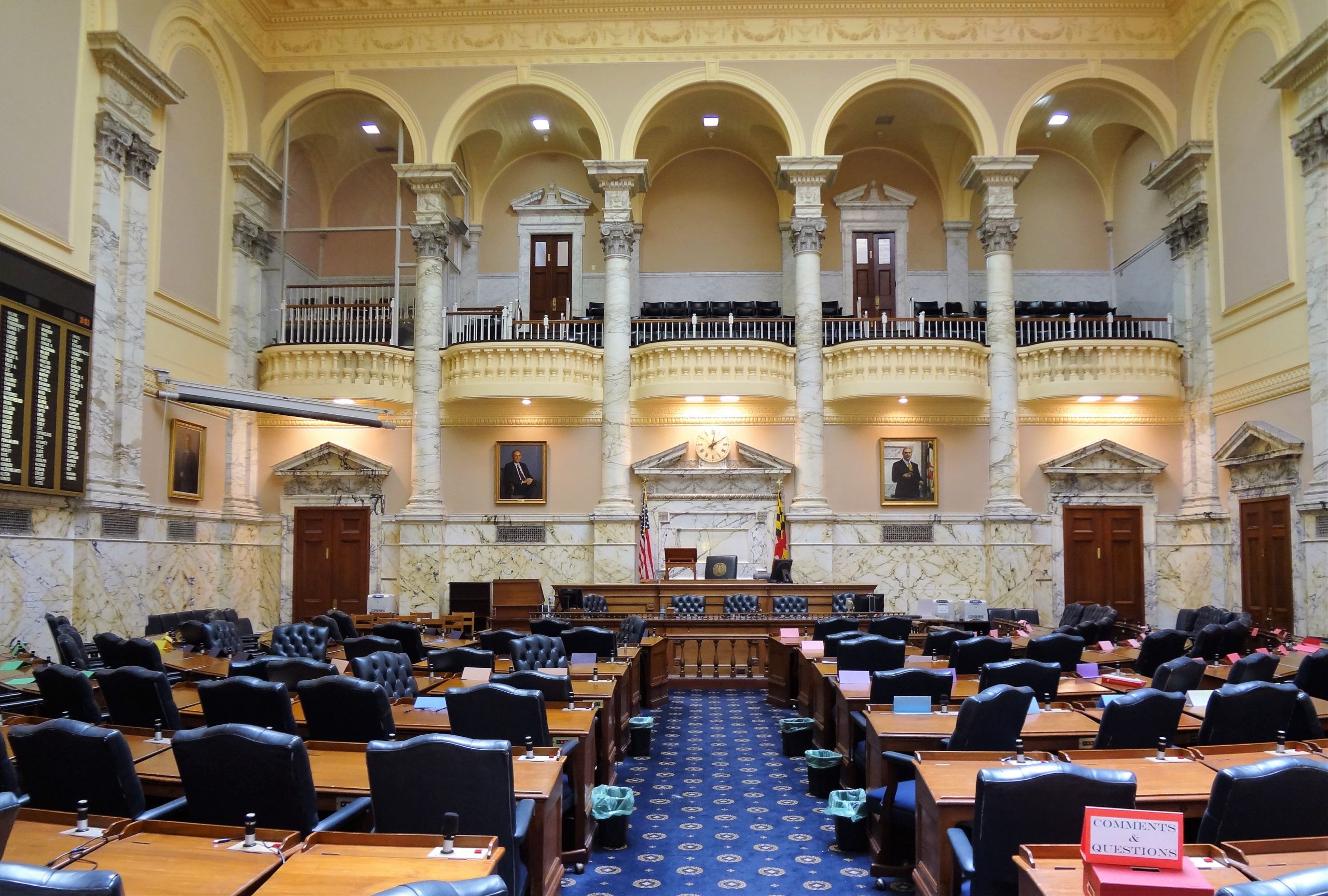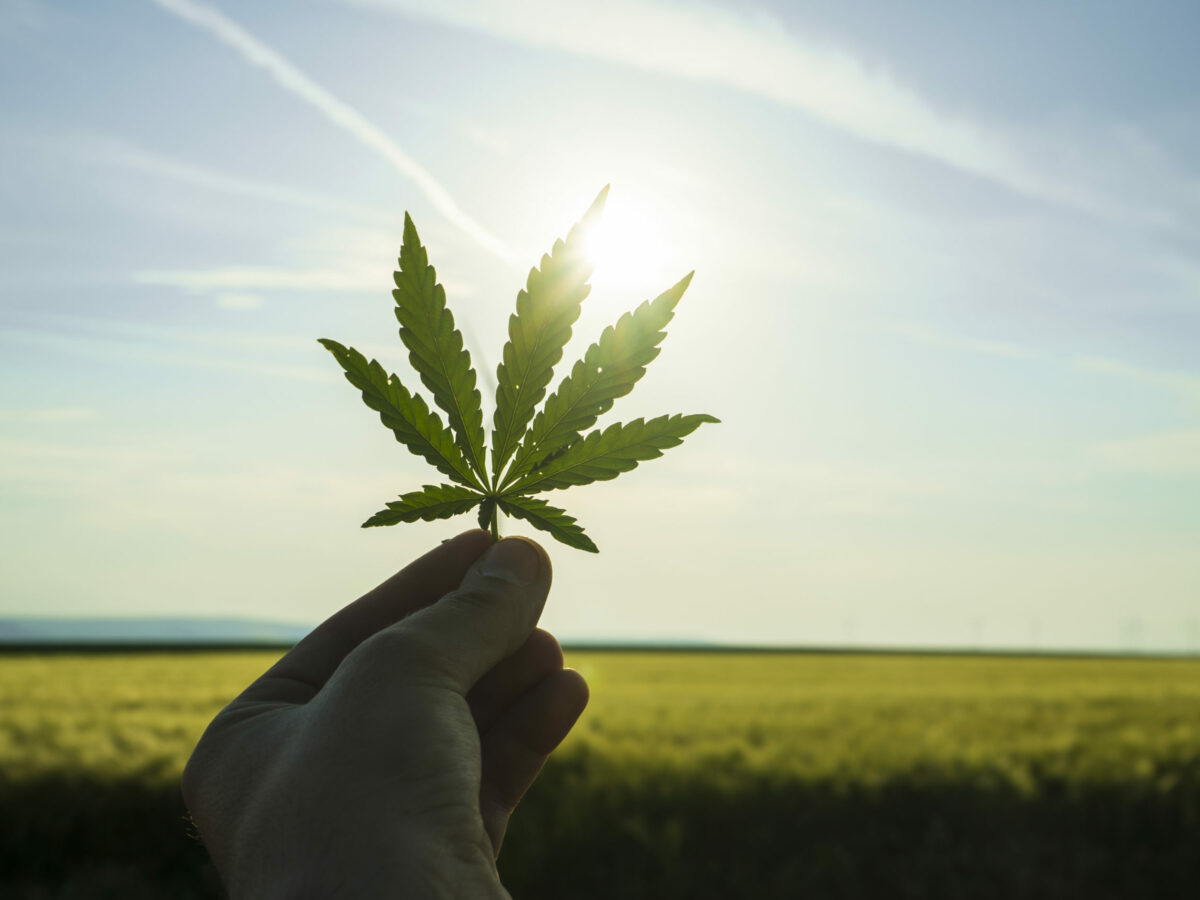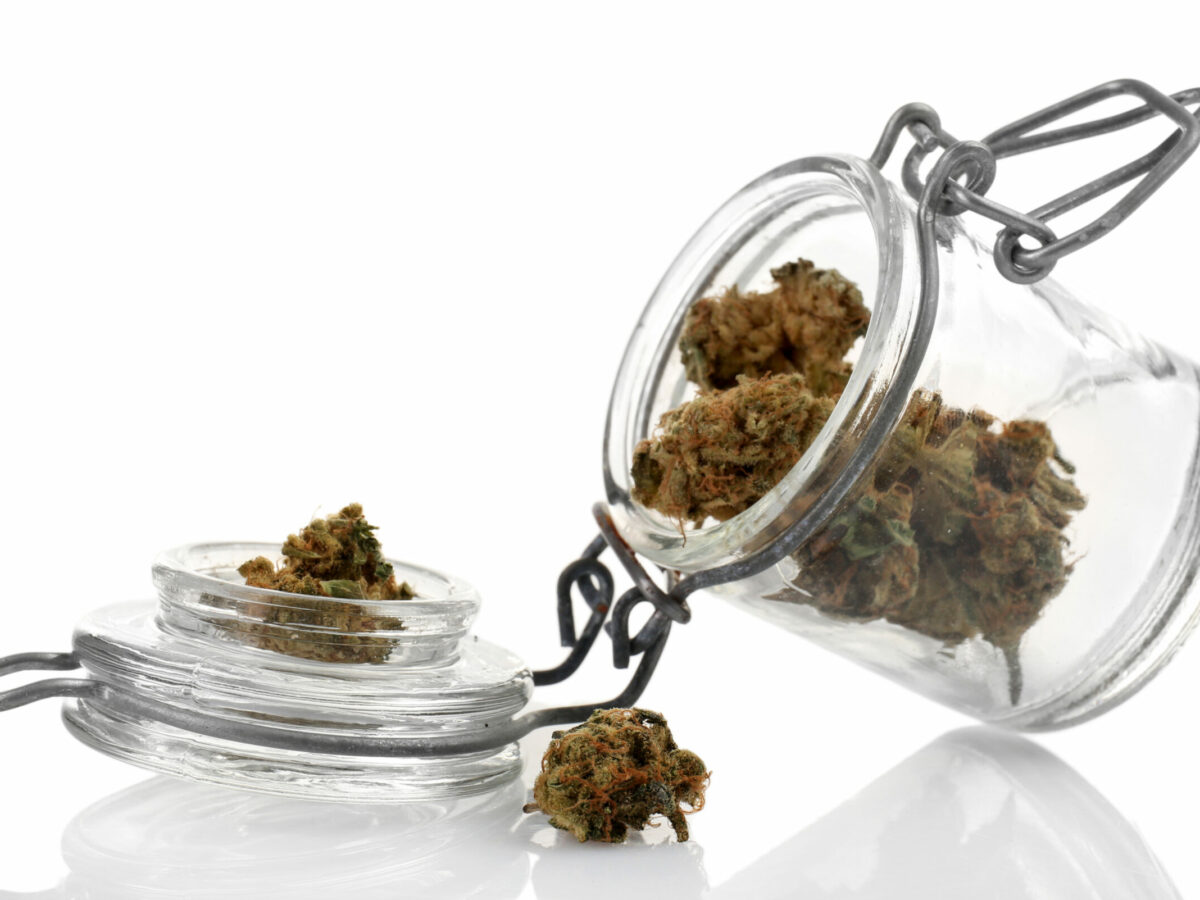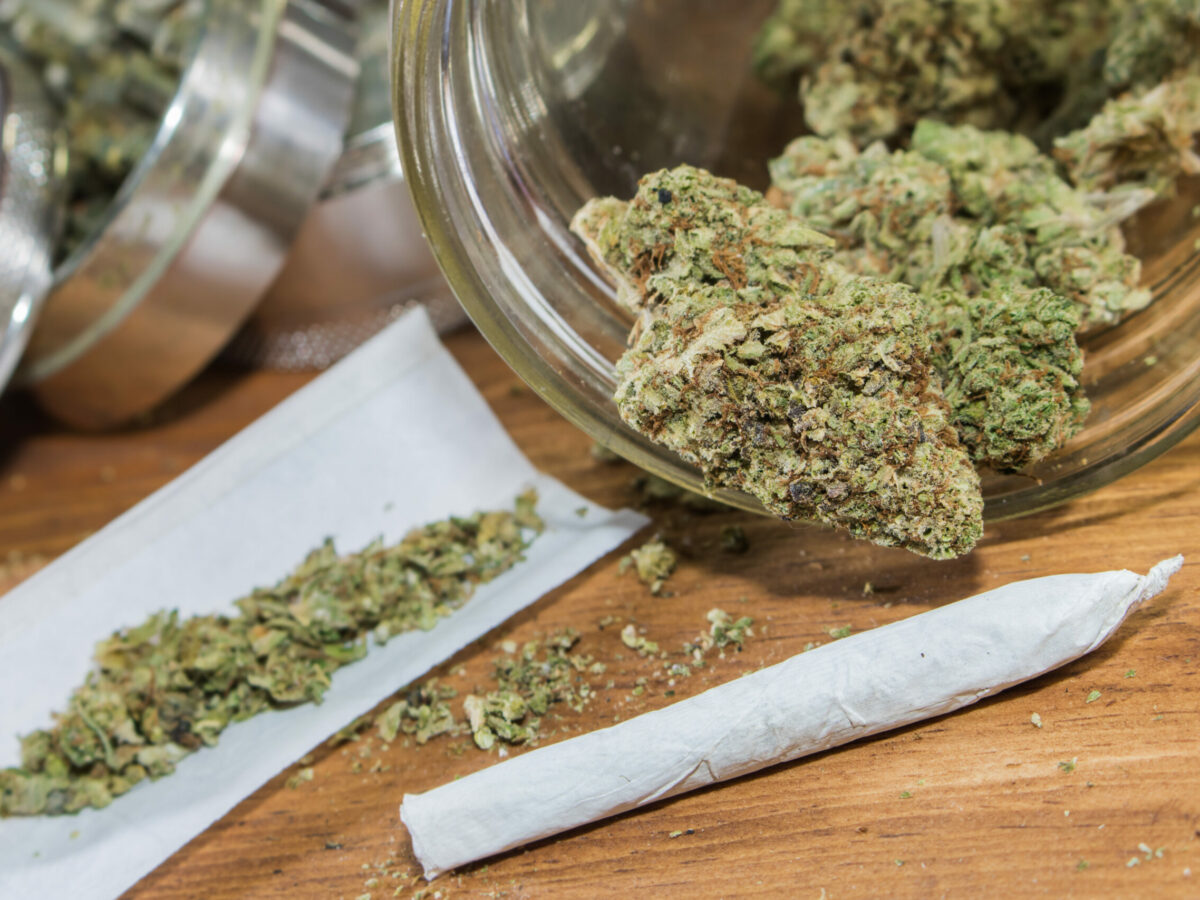Several weeks after Maryland’s legislative session began, three state lawmakers have introduced separate bills that would create a framework for adult-use legalization in the state.
Del. Luke Clippinger (D-Baltimore) and Sen. Jill Carter (D-Baltimore) formally introduced their respective proposals late last week, and Sen. Brian Feldman (D-Montgomery County) introduced another measure on Monday, setting the stage for a number of upcoming House and Senate committee hearings about how recreational cannabis will be regulated in Maryland. Carter’s SB 692, drafted with input from the ACLU of Maryland and Baltimore-based think tank Leaders of a Beautiful Struggle, as well as Feldman’s SB 833 will go before the Senate Finance Committee and Budget and Taxation Committee (hearing dates have not yet been set) while Clippinger’s HB 837 has a hearing scheduled before the House Judiciary Committee at 10 a.m. on Feb. 14.
Clippinger, who chairs that committee and during the fall led a series of meetings for a legalization workgroup convened by House Speaker Adrienne Jones, had already introduced a simpler two-page referendum proposal that, if approved by the General Assembly this session, would put the question of recreational legalization before voters in the upcoming November general election. However, advocates have worried that approving a ballot measure without an accompanying framework would create unnecessary delays, since legislators would have to meet again in 2023 to hash out the details for criminal justice reform, business licensing and more.
But on Thursday, Clippinger filed his accompanying legislation that, with both General Assembly approval this spring and voter approval in the fall, would:
- allow adults age 21 and up to buy and possess up to 1.5 ounces of cannabis
- decriminalize possession between that threshold and 2.5 ounces
- automatically expunge prior cannabis possession charges from the state’s judiciary records
- allow re-sentencing hearings for anyone serving time for such offenses
- create a Cannabis Business Assistance Fund to provide grants, loans and other support for women and minority entrepreneurs seeking to operate in the new recreational market
- require studies of patterns of use, impaired driving, prenatal health, hospitalizations and calls to poison control as they relate to cannabis across Maryland, and the barriers for Black and brown communities to enter the industry.
“Too many people have already suffered the consequences of a misguided war on drugs,” Clippinger wrote in an op-ed in the Baltimore Sun last week. “House Bill 837, together with [the two-page ballot bill] House Bill 1, is a rapid but responsible approach to legal recreational cannabis.”
Notably, the bill explicitly bars Marylanders from growing their own cannabis.
Carter has made that a key, differentiating point of her proposed legislation. According to the bill text, her legislation would:
- legalize possession of up to four ounces of flower
- allow an individual to grow up to six plants, and punish those who grow up to six additional plants with only a $250 fine
- allocate 60% of tax revenue (after administrative costs for the recreational program have been covered) from recreational sales to communities most hurt by the war on drugs
- require at least 30% of cannabis business licenses to to minority-owned companies, and
- vacate previous weed-related convictions and expunge prior charges, among other steps.
“The equity is the primary motivation,” Carter told The Outlaw Report in an interview in January, before the General Assembly session began. “Marijuana legalization in and of itself is secondary to the good we can do with the equity proposals in the bill.”
Carter’s bill also calls for an escalating taxation system, with excises on retail cannabis sales starting at 10% through 2026, rising to 15% for the following two years, and then climbing to 20% after 2028.
Yet another framework bill has been filed in the Maryland Senate. Sen. Brian Feldman (D-Montgomery County), who serves as vice chair of the Senate Finance Committee, formally introduced a proposal for taxing and regulating recreational cannabis on Monday afternoon. Feldman previously said he didn’t want the legislature to “blindly ask Marylanders to vote yes or no without knowing all the details on criminal justice reform, licenses, tax rates, all that.” If approved by the General Assembly, his bill would take effect only upon passage of the ballot referendum in the fall.
Per the bill text, his measure would:
•legalize possession of up to two ounces of flower per person
•allow an individual to grow up to four plants without penalty, and make it a fine of $250 to grow between five and seven plants (growing eight or more plants would still be illegal)
•automatically expunge prior charges and any other records for past possession arrests
similarly to Carter’s proposal, create an escalating taxation structure of 10% excises on retail cannabis sales through 2026, then increasing to 15% for the next two years and then 20% after 2028
•allocate 25% of tax revenue (again, after administrative costs for the recreational program are covered) from sales to a Community Reinvestment and Repair Fund, 20% for voluntary substance abuse and mental health programs and 10% apiece to a Social Equity Startup Fund and Maryland’s historically Black colleges and universities.
Feldman sponsored one of two legalization bills in 2021 that failed to advance beyond committee. He and other Democrats have lamented that Maryland has yet to join 18 other states and the District of Columbia in legalizing recreational cannabis, despite annual attempts in the legislature over the last decade. Some have worried Maryland is particularly falling behind the surrounding region, as New Jersey, New York and Virginia have already enacted legalization measures and are pressing ahead in setting up their recreational markets.
Maryland has an existing medical cannabis industry, which debuted in December 2017 and last year surpassed $600 million in annual sales. However, critics have long noted problems with lacking diversity among business owners — the industry came under fire early when just one of 30 cultivation and processing licenses went to a Black-owned firm — and have said they want to prevent that from happening in the new recreational market.
Three-fifths of Maryland adults support legalizing the drug in full, according to the latest Goucher College poll.



